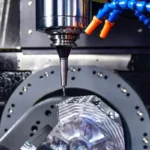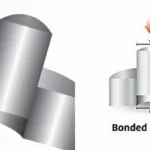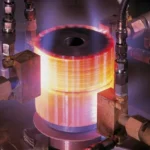Guide to Selective Laser Sintering (SLS)
Selective Laser Sintering, or SLS, is a form of additive manufacturing that uses a high-powered laser to fuse small particles of polymer powder into a solid structure. This technology is known for its robustness and versatility, surpassing many other 3D printing methods in its ability to produce durable parts with complex geometries and high dimensional accuracy. SLS 3D printing does not require support structures, making it ideal for both prototyping and production applications. It is commonly used to create parts that are strong and functional, often used as end-use components in various industries.
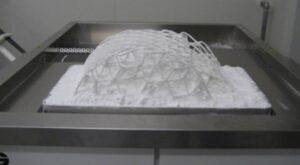 What Is Selective Laser Sintering?
What Is Selective Laser Sintering?
Selective Laser Sintering (SLS) is a technique in 3D printing that relies on a laser to bind powder layers together to form a final object. The laser follows the outline of each layer of a 3D model on a bed of powder. Once a layer is completed, the build platform descends, and the process repeats for the next layer. This iterative process continues until the entire object is fabricated.
SLS is particularly well-suited for functional applications, such as components with snap fits, living hinges, and other mechanical features. Its versatility in materials and platform sizes makes it a preferred choice for creating products that demand strength and resistance to high temperatures.
About Selective Laser Sintering (SLS)
Selective Laser Sintering (SLS) offers several key advantages that set it apart from other additive manufacturing technologies. One major benefit is its self-supporting nature: since the product is surrounded by powder during the build process, no additional support structures are necessary. This allows for the creation of intricate geometries that would be impossible with other methods. Furthermore, because there’s no need to remove support structures, SLS can fabricate complex interior components and monolithic assemblies with ease.
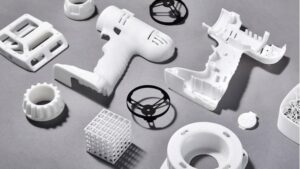 SLS excels particularly in producing durable plastic parts. These parts are renowned for their strength and durability, often rivaling those made using traditional manufacturing techniques like injection molding. As a result, SLS finds widespread use in various industries, including automotive and aerospace, for end-use applications.
SLS excels particularly in producing durable plastic parts. These parts are renowned for their strength and durability, often rivaling those made using traditional manufacturing techniques like injection molding. As a result, SLS finds widespread use in various industries, including automotive and aerospace, for end-use applications.
In terms of cost and time savings, SLS offers significant advantages, especially for small-batch production. By eliminating the need for expensive tooling or retooling, SLS streamlines the manufacturing process and reduces lead times. This makes it ideal for mass customization of low-volume end-use parts. Additionally, since SLS parts are highly resistant to wear and environmental conditions, fewer parts need to be produced over time.
Like other additive manufacturing methods, SLS enables digital storage of parts and molds. This means that designs can be archived digitally, ensuring they’re always available for production—even if the original part is no longer accessible. This eliminates concerns about corrosion, loss during transportation, or expensive storage, providing a reliable and efficient solution for on-demand manufacturing needs.
SLS Applications
SLS applications are known for their utilization of high-quality nylon materials, creating long-lasting and functional parts that are comparable to those made through conventional manufacturing processes. The durability and reliability of SLS technology make it ideal for a variety of applications, including:
General
- Functional Proof of Concept Models
- Design Evaluation Models (Form & Fit)
- Engineering Design Verification
- Product Performance and Testing
- Wind-Tunnel Test Models
Rapid Manufacturing
- Aerospace hardware
- Medical and healthcare
- Electronics; packaging, connectors
- Homeland security
- Military hardware
Tooling and Patterns
- Jigs, fixtures and tools
- Investment Casting Patterns
Production
- Short run end-use components
- Complex plastic parts
- Part consolidation exercises
Why Use Selective Laser Sintering?
Robust, High-Performance Parts: AS Prototypes’ SLS technology creates tough and durable parts ideal for demanding prototyping and end-use applications. Our DuraForm® SLS materials undergo rigorous optimization, validation, and testing to ensure consistent, high-quality results with uniform mechanical properties.
High Speed and Efficiency: Benefit from large SLS build capacities, fast build times, and high-density nesting provided by AS Prototypes. With no need for support structures, you can maximize each print for quicker turnaround and increased throughput.
Superior Part Quality: Experience best-in-class part quality with AS Prototypes’ SLS printers. Our technology delivers superior accuracy, resolution, edge definition, and surface finish compared to alternatives.
Wide Range of Materials: Choose from a broad selection of true nylon materials tailored to meet diverse application requirements. Whether you need toughness, heat resistance, flame retardancy, flexibility, or specialized grades like food-grade or medical-grade options, AS Prototypes’ SLS materials portfolio has you covered.
Functional Design Possibilities: SLS enables the production of complex geometries and functional designs that are difficult or impossible to achieve with traditional methods. From monolithic designs to lightweight components and mass-customized products, AS Prototypes’ SLS capabilities unlock new possibilities in design.
Cost-Effectiveness: Enjoy lower part and ownership costs with AS Prototypes’ SLS solutions. Our printers offer up to 20% lower operational costs compared to similar alternatives, thanks to features such as automated production tools, high throughput, material efficiency, and repeatability.
SLS Material Properties & Uses
Our SLS material selection encompasses a diverse range of advanced nylon and composite materials, with particle sizes under 100 nm. These materials are suited for a variety of applications, from impact-resistant plastics to styrene-based materials ideal for use in plaster and metal casting processes.
SLS technology is commonly utilized for producing low to medium volume final products such as protective enclosures, snap-fit components, automotive trim, and lightweight ductwork. Among our offerings are engineering plastics that include flame-retardant properties, making them suitable for use in aerospace and consumer electronics where safety standards are stringent. For applications requiring enhanced stiffness and thermal stability, we provide glass-filled composites. Additionally, for the utmost in rigidity, we offer fiber-reinforced plastics.
On the more flexible end of the spectrum, our SLS materials include options that mimic rubber, perfect for creating parts like hoses, seals, ergonomic grips, and other components requiring elasticity and durability.
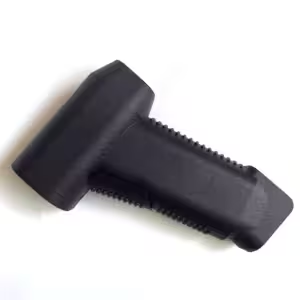 Nylon/PA 12
Nylon/PA 12
Nylon/PA 12 is a durable polyamide 12 thermoplastic that can substitute for traditional injection-molded items. It is available in food-grade, medical-grade, and flame-retardant versions.
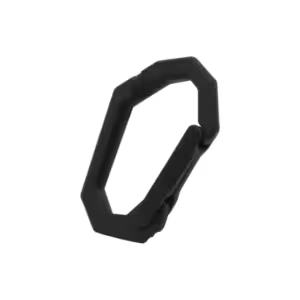 Filled Nylons/PA
Filled Nylons/PA
These materials are engineered with glass, aluminum, or mineral fiber fillers to enhance performance in stiffness, temperature resistance, strength, and surface finish for end-use parts.
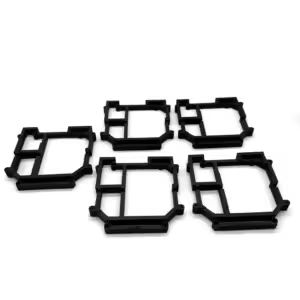 Nylon/PA 11
Nylon/PA 11
Impact-resistant polyamide 11 thermoplastics deliver molded-part performance in tough conditions, perfect for snap-fits and living hinges that can flex and return to their original shape.
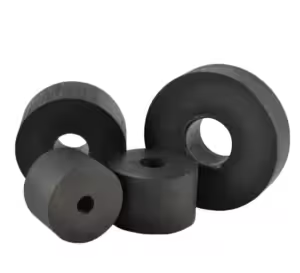
Elastomeric Thermoplastics
Rubber-like materials offer flexibility for both prototypes and production parts, featuring excellent shape memory, tear resistance, and abrasion resistance.
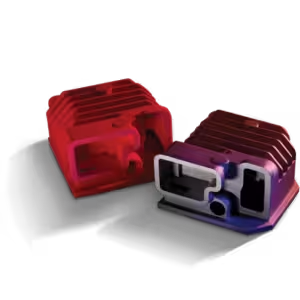 Castable Polystyrene
Castable Polystyrene
Ideal for sacrificial patterns in prototype metal castings and low to medium production runs without the need for tooling.
Why choose AS Prototypes
for your SLS projects?
Unrivaled Accuracy and Precision
SLS 3D printers from AS Prototypes are renowned for their capability to produce highly detailed parts, from tiny components a few millimeters in size to large items up to 0.42 meters long. Despite the size variations, all parts maintain exceptional resolution and precision. This technology ensures that even the largest parts exhibit minimal shrinkage or warping, maintaining high accuracy from end to end.
Trusted Production Quality
Over the last decade, AS Prototypes has introduced 5 advanced SLS printers, each surpassing its predecessors in performance and quality. Our printers utilize dual laser systems for each layer, which allows for the creation of parts with optimal mechanical properties and intricate details without compromising speed. This approach optimizes throughput and consistently delivers exceptional detail in every print.
Extensive SLA Materials Range
For over ten years, AS Prototypes has worked closely with our clients, developing a diverse array of more than 10 tailored SLS materials to meet specific application needs. Our expansive material portfolio is designed to meet precise mechanical specifications. We encourage you to explore our offerings or consult with our expert team to find the ideal material for your specific project requirements.
Maximize Productivity 24/7
AS Prototypes achieves unparalleled productivity with the industry’s fastest SLS 3D printing technology, ideal for extensive and high-volume production runs. Our printers feature quick-change material delivery modules that facilitate uninterrupted operation, significantly enhancing your manufacturing workflow. This system is designed to keep your production moving smoothly and efficiently at all times.

